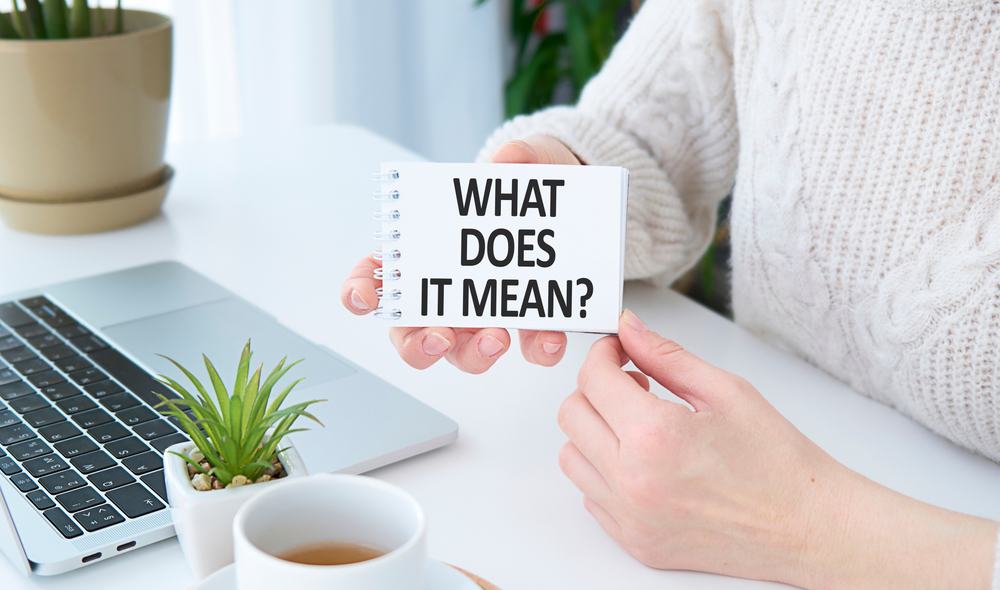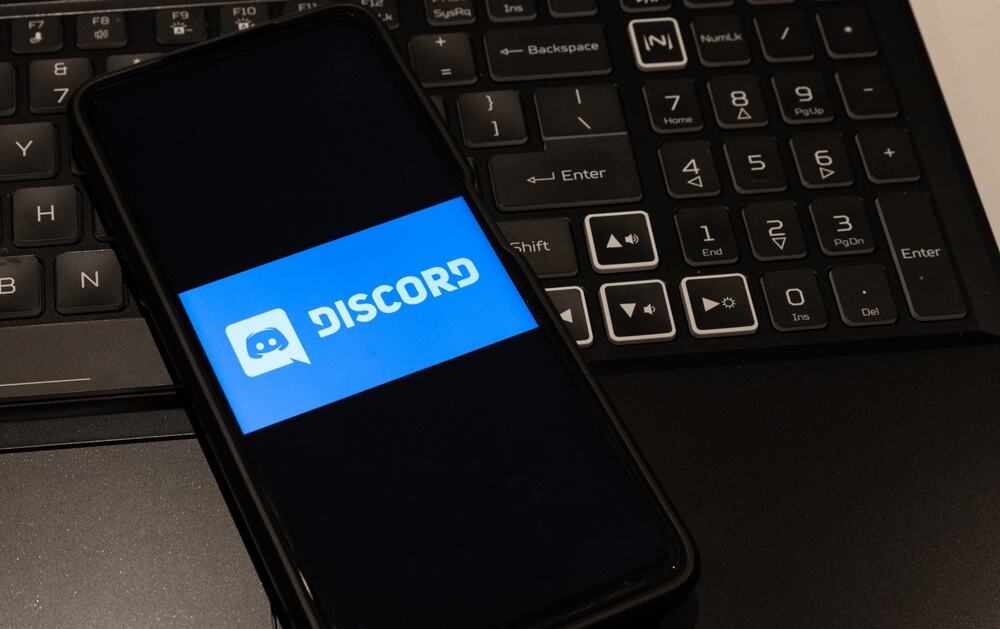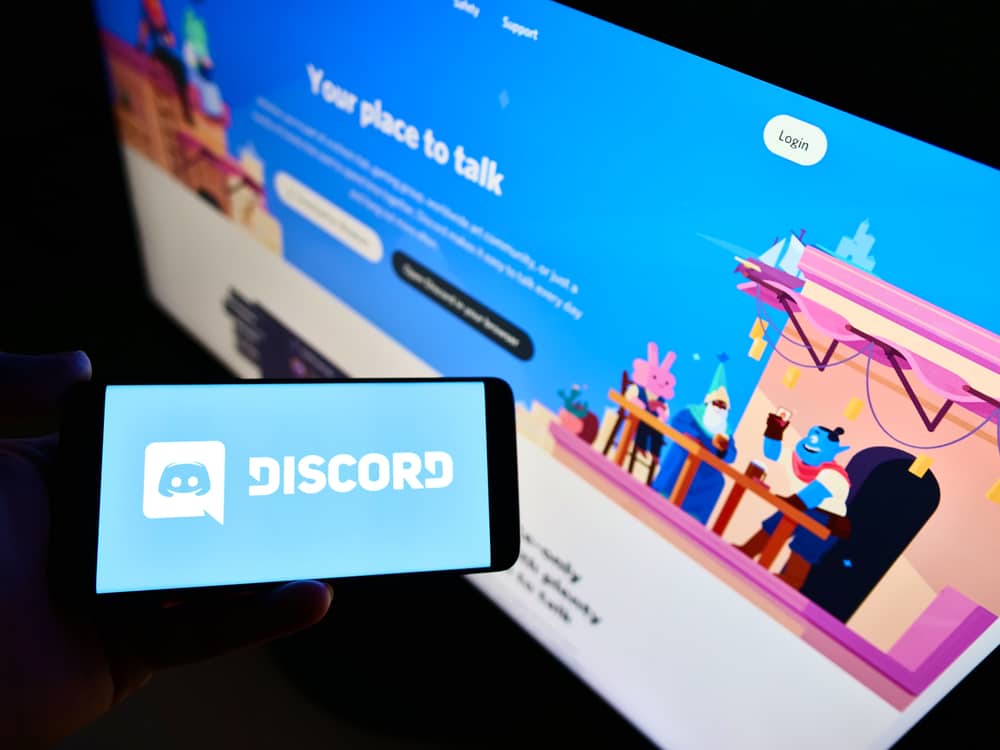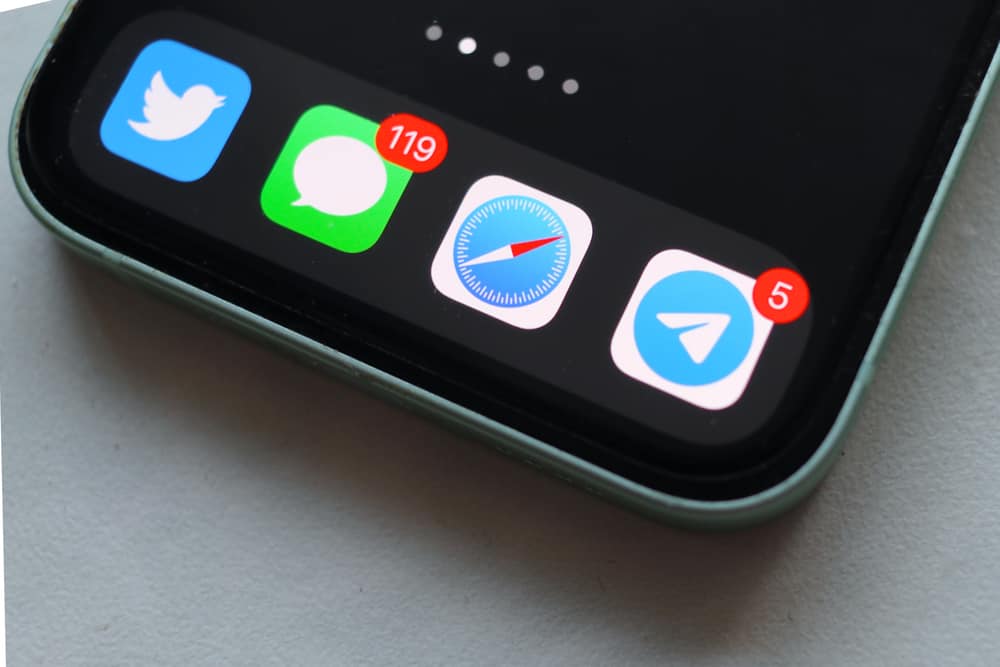
If you’re a regular user of Discord, you might have come across the term “Bru” in text chats or voice chats, and wondered what it means.
This term has become popular in the Discord community, and understanding its usage can help you communicate better with others on the platform.
So, what does “Bru” mean on Discord?
“Bru” is a slang term used as a shortened form of “brother.” It is typically used as a casual greeting or as a way to address a friend or a close acquaintance in a relaxed and friendly manner. “Bru” can convey a sense of camaraderie and informal relationship, and is often used in conversations that are light-hearted or playful in nature.
In this article, we’ll dive deeper into understanding “Bru” and its usage in Discord. We’ll discuss the origin and etymology, the context in which it’s used, as well as other similar terms that are used on the platform. By the end of this article, you’ll have a better understanding of what “Bru” means and how to use it in your own Discord chats.
A Brief History of the Term “Bru”
The origin of “Bru” is unclear.
While some say it originated from the African American Vernacular English (AAVE) community, others say it can be traced back to South African English, where it has been used as a colloquial term of address for friends and acquaintances for several decades.
The use of “Bru” on Discord is thought to have been inspired by this usage and has since become a widely-used slang term within the platform’s community.
Understanding “Bru” on Discord
In the context of Discord, “Bru” is typically used in casual conversations between users. It’s meant to convey a friendly and laid-back tone and is often used as a way to greet or acknowledge other users.
The term can also have various connotations depending on the context in which it is used.
For example, it can be used to express surprise, excitement, or even sarcasm. It can also be used to express support or agreement with someone else’s statement or action.
In general, “Bru” is a versatile term that can be used to convey a range of emotions and attitudes in a casual, informal setting.
Variations and Alternatives of “Bru”
Along with “Bru,” other similar terms you can use in the Discord community are “Bro” and “Brotha.”
These terms serve similar purposes as “Bru,” and you can use them to express a sense of camaraderie and familiarity between other users.
While “Bru,” “Bro,” and “Brotha” all serve similar purposes, they can have slightly different connotations depending on the context in which you use them.
For example, you can use “Bro” more frequently in light-hearted or casual conversations, whereas you can use “Brotha” to indicate a stronger sense of camaraderie or friendship.
Additionally, you can use these terms ironically or sarcastically, depending on the tone of the conversation and the relationship you have with the user.
Conclusion
Conclusively, the term “Bru” is commonly used in the Discord chat platform and other social media sites as a friendly greeting.
It generally conveys a universal message of agreement or understanding and is often used to signal friendship. Even though its exact origin is still unknown, the term has become a beloved expression among users of Discord.
FAQs
Both “Bru” and “Bruh” are commonly used in Discord, with “Bruh” being the more informal variant. The usage of “Bruh” versus “Bru” may depend on the context, the relationship between the users, and the tone of the conversation.
They use this slang when they want to address a friend or to express agreement or acknowledgment. They use it in a similar way to the American slang term “bro.”
“BRB” stands for “be right back.” It is a commonly used internet slang term to let others know that you will be stepping away from your device for a brief period of time.
Bruh is not considered a swear word in most contexts, but it may be considered vulgar or inappropriate in some settings. It is generally seen as a casual, informal way to address someone, similar to “dude.”











